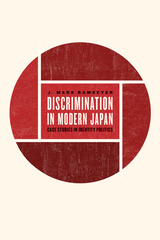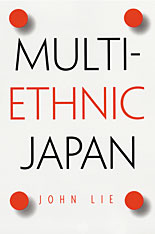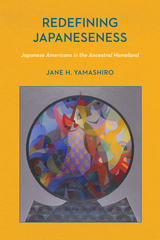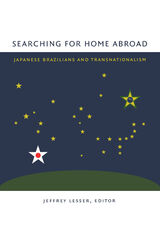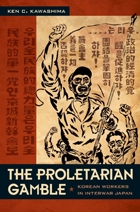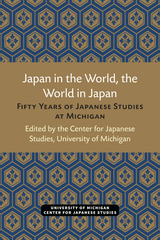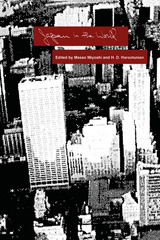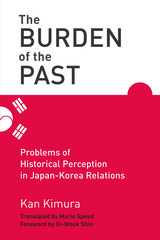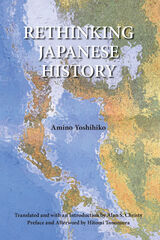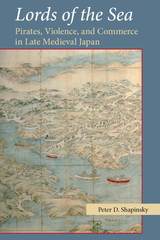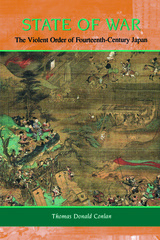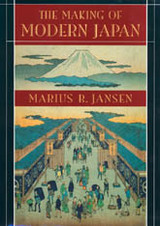China in the Tokugawa World
Harvard University Press, 1992
Cloth: 978-0-674-11753-2 | Paper: 978-0-674-00266-1
Library of Congress Classification DS849.C6J26 1992
Dewey Decimal Classification 303.48252051
Cloth: 978-0-674-11753-2 | Paper: 978-0-674-00266-1
Library of Congress Classification DS849.C6J26 1992
Dewey Decimal Classification 303.48252051
ABOUT THIS BOOK | REVIEWS
ABOUT THIS BOOK
This engaging book challenges the traditional notion that Japan was an isolated nation cut off from the outside world in the modern era. This familiar story of seclusion, argues master historian Marius B. Jansen, results from viewing the period soley in terms of Japan's ties with the West, at the expense of its relationship with closer Asian neighbors. Taking as his focus the port of Nagasaki and its thriving trade with China in the sixteenth through nineteenth centuries, Jansen not only corrects this misperception but offers an important analysis of the impact of the China trade on Japan's cultural, economic, and political life.
See other books on: China | Jansen, Marius B. | Japan | Relations | Tokugawa period, 1600-1868
See other titles from Harvard University Press

